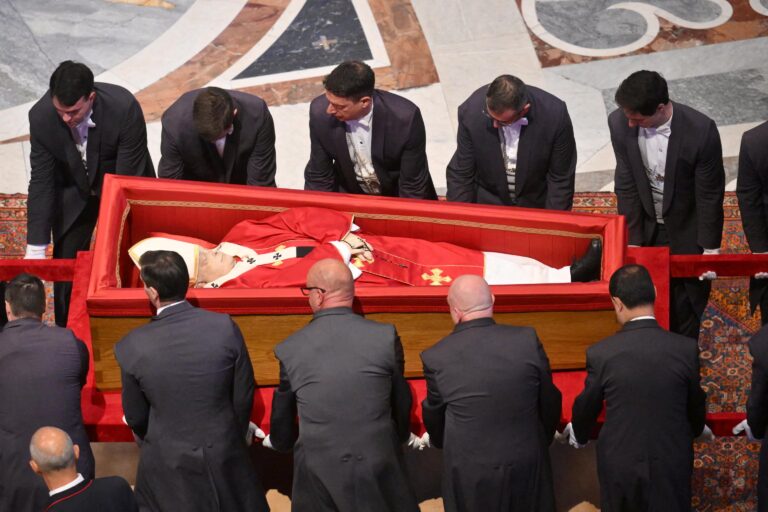
Aung San Suu Kyi in the Hague for Rohingya genocide showdown
The once-internationally respected leader is in the Hague to defend against accusations of genocide. Gambia is leading the case against the country, asking the court to invoke emergency measures.
Myanmar’s civilian leader Aung San Suu Kyi arrived at the United Nations’ International Court of Justice in the Hague on Tuesday, defending against accusations of genocide.
The Nobel peace laureate leads a delegation to defend against claims it tried to exterminate minority Rohingya Muslims in a 2017 military crackdown.
Aung, once hailed as a human rights icon, was summoned to the Netherlands after the West African, muslim-majority state of Gambia launched a case against the country for breaching breaching the 1948 Genocide Convention.
NPP youth reject MP ahead of election 2020, warns party executives
Acting on behalf of the 57-nation Organisation of Islamic Cooperation, Gambia will ask the court for emergency measures to stop Myanmar’s “ongoing genocidal actions.”
“The genocidal acts committed during these operations were intended to destroy the Rohingya as a group, in whole or in part, by the use of mass murder, rape and other forms of sexual violence,” Gambia said in its submission to the court.
Her arrival at the court and the subsequent three-day hearing were expected to draw protests from opponents and supporters. The case will not deal with the core allegation of genocide, and precedes a wider case that could take years.
The 74-year-old has suffered a dramatic fall from grace over her silence over the plight of the Rohingya, and her defense of the same generals who once kept her under house arrest.
Mass killings
She said she intends to defend the interests of Myanmar, arguing that the court was no jurisdiction and that Myanmar was only targeting Rohingya militants.
UN investigators have accused Myanmar of undertaking mass killings and committing atrocities against Rohingya Muslims with “genocidal intent.”
More than 730,000 Rohingya fled the coastal state of Rakhine during the 2017 campaign and were forced into squalid camps across the border in Bangladesh.
An independent fact-finding mission found soldiers gang-raped women and children, razed villages and burned people alive in their homes during the campaign.
What is genocide?
The 1948 act, signed into international law after the Nazi holocaust, defines genocide as committing any of the following against a national, ethnical, racial or religious group:
- Killing members of the group;
- Causing serious bodily or mental harm to members of the group;
- Deliberately inflicting on the group conditions of life calculated to bring about its physical destruction in whole or in part;
- Imposing measures intended to prevent births within the group;
- Forcibly transferring children of the group to another group.
Punishable offences under the treaty include: genocide; conspiracy to commit genocide; direct and public incitement to commit genocide; attempt to commit genocide; complicity in genocide.
This current proceedings are only the third genocide case filed at the court since World War Two.
source: dw.com










You must be logged in to post a comment.